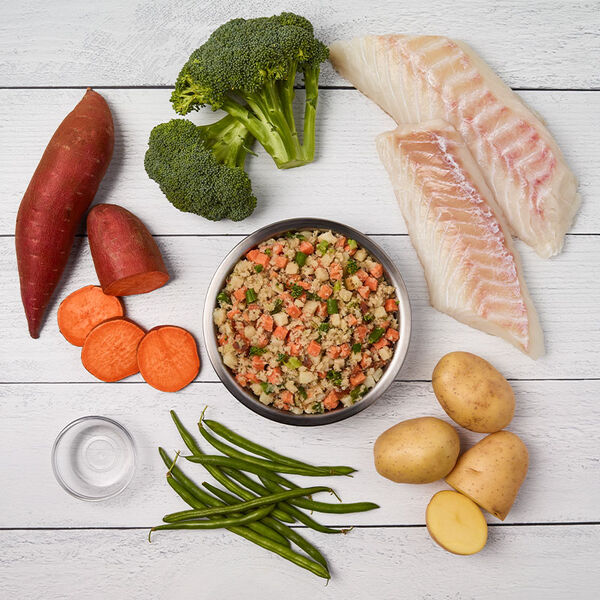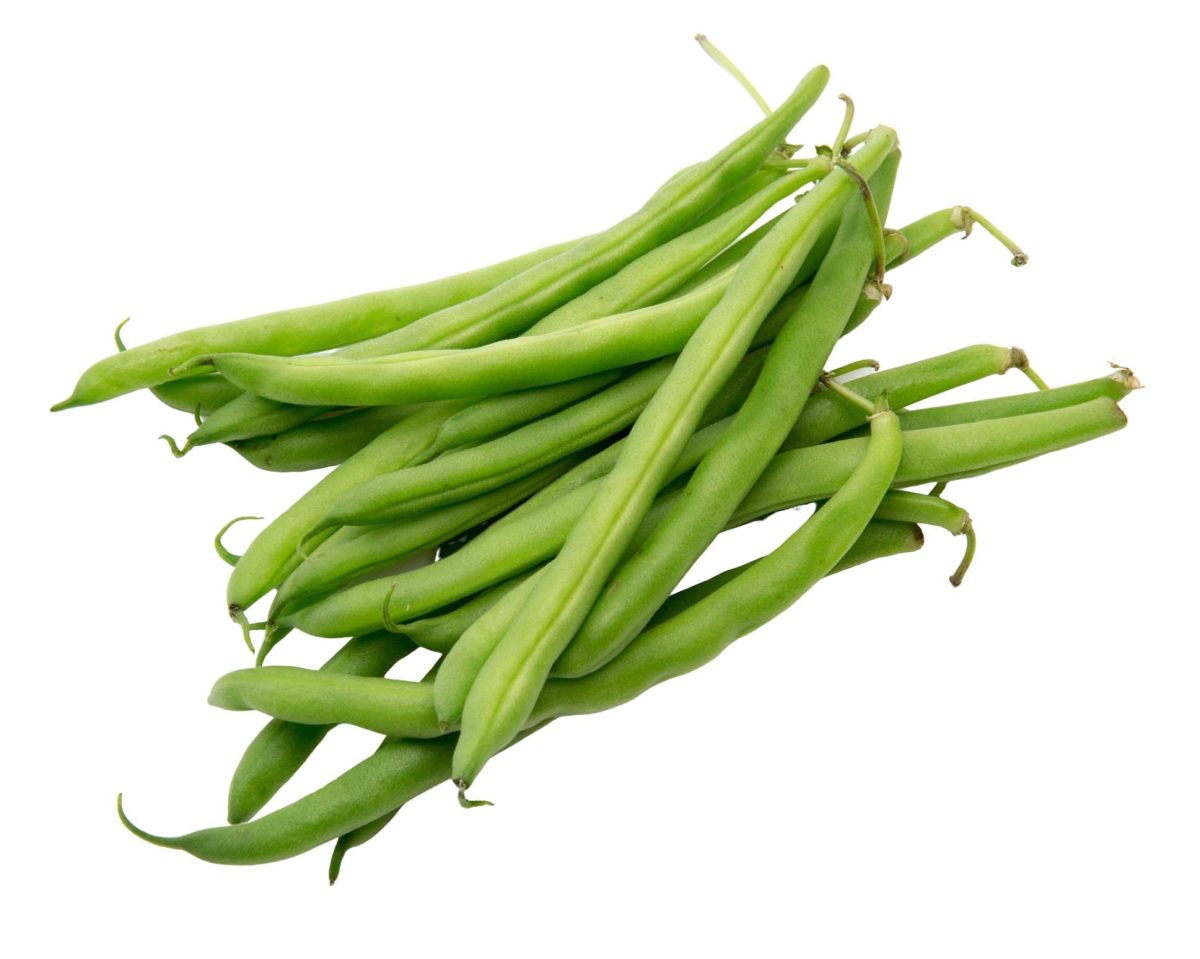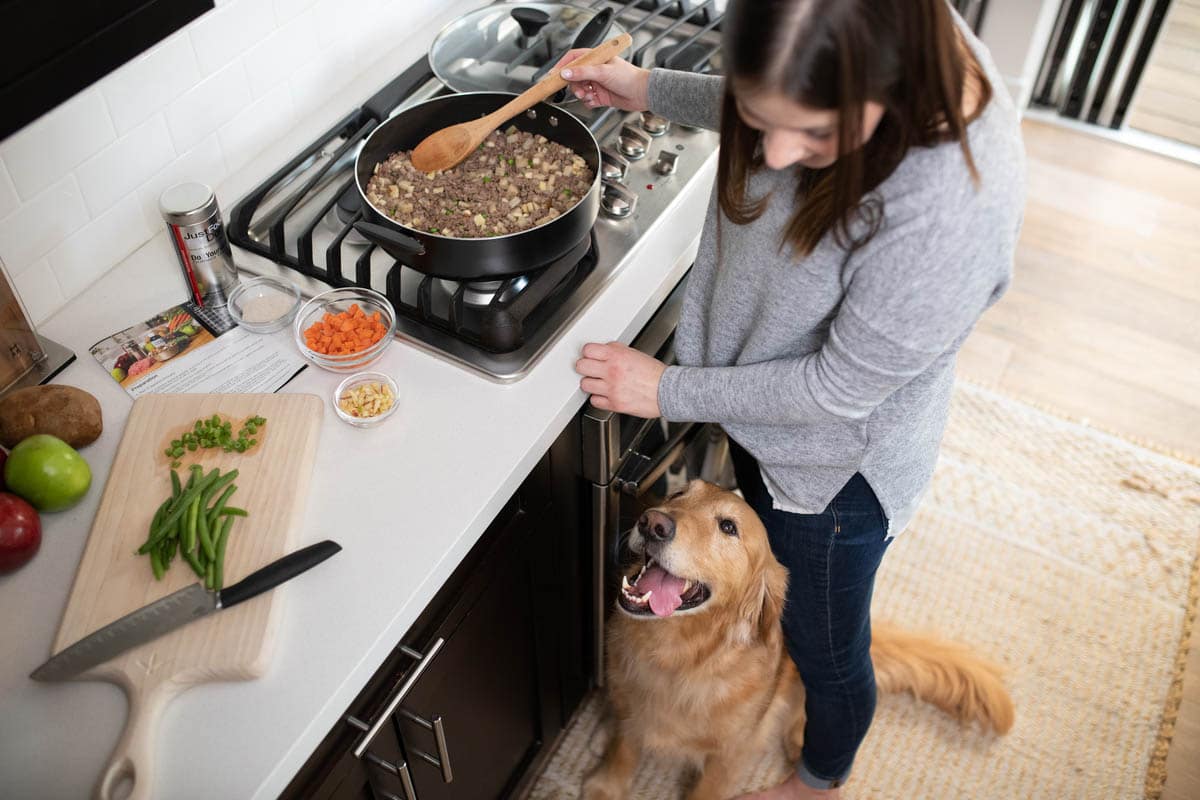A Veterinarian’s Take on Grain Free Dog Food
Dr. Laura Wilson, DVM, DACVD, Board Certified in Small Animal Dermatology comments on one of the latest trends in dog food, “Grain Free” diets for dogs.
Grain-free dog food has become increasingly popular in recent years. Marketing has many pet parents believing it to be a healthier option for their dogs. However, there is some debate among veterinarians about whether or not grain-free food is actually necessary or beneficial for dogs.
Do Vets Recommend Grain Free Dog Food?
Doctor of Veterinary Medicine Laura Wilson, DACVD, who is board certified in small animal dermatology, breaks it down in the video below.
Why might a vet recommend grain-free dog food?
There are a few reasons why a vet might recommend grain-free pet food for a particular dog. It really depends on any health issues the dog may have. First, if a dog has a food allergy, such as a grain allergy, then a grain-free diet may be necessary to manage their condition.
Second, if a dog has stomach sensitivities or digestive issues, then a grain-free diet may help reduce their symptoms. For the latter, a vet might first recommend an elimination diet or limited ingredient diet before writing off grain-containing foods.
Grain-free dog food and heart disease
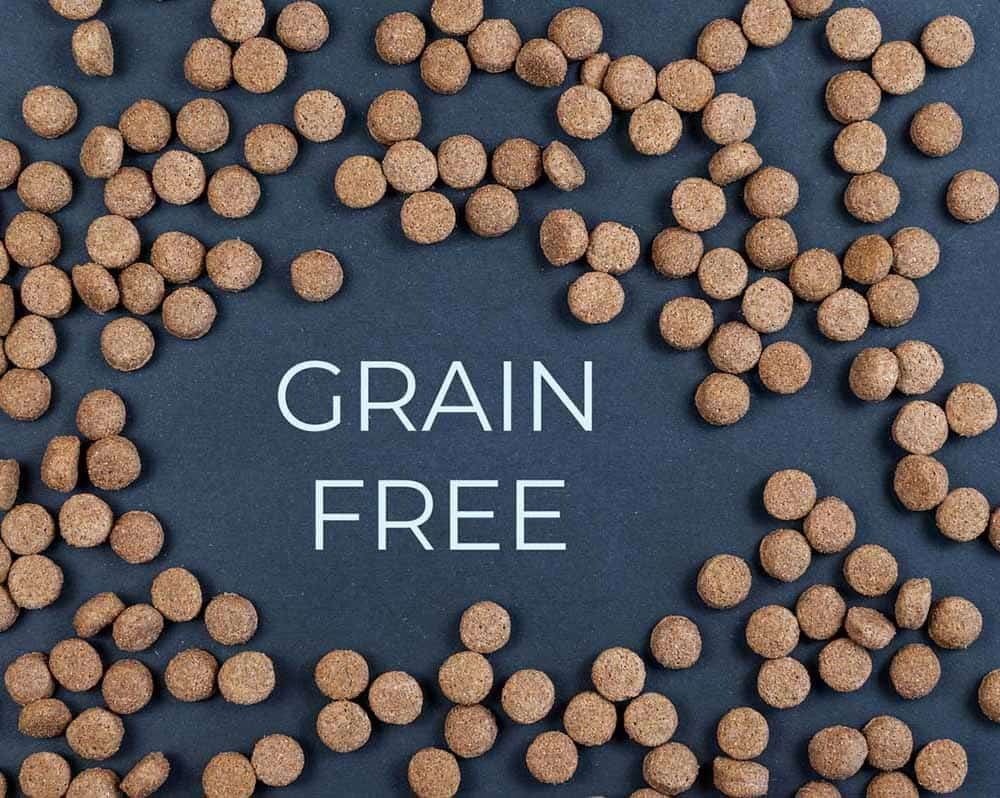
There is concern about a potential link between grain-free dog food and canine-dilated cardiomyopathy (DCM). DCM is a heart condition that can lead to heart failure.
According to board-certified cardiologists at the Chesapeake Veterinary Cardiology Associates (CVCA), DCM is a type of heart disease that causes loss of heart muscle strength, enlargement of the heart, and a decreased ability to pump blood through the body. This condition is most commonly seen in dog breeds like Doberman Pinschers, Golden Retrievers, and Great Danes.
However, there are an increasing number of cases of DCM reported in dogs that do not typically develop this condition. Researchers are actively exploring the potential link between diet and canine heart disease. They suspect grain-free dry dog foods high in legumes like lentils, chickpeas, and green peas may be a contributing factor.
It is unknown what the exact link is between grain-free diets and DCM. The Food and Drug Administration (FDA) is still investigating. The FDA investigation “continues to assess the available information and fill data gaps to determine what factors may contribute to the development of non-hereditary DCM.”
Cats and diet-associated DCM
According to Tufts University, it’s not as common. Only 20 cats with suspected DCM were reported to the FDA as of 2020. Heart disease used to be very common in cats before the late 1980s when researchers found that feline DCM was a result of taurine deficiency.
What should you do if you’re considering feeding your dog grain-free food?
If you’re considering feeding your dog grain-free food, it’s important to talk to your veterinarian or veterinary nutritionist first. They can help you assess your dog’s individual needs and determine whether or not a grain-free diet is right.
If you do decide to feed your dog grain-free food, ask your vet about a high-quality diet. It should be from a reputable pet food company that backs its food with scientific research and is complete and balanced. JustFoodForDogs offers three grain-free gluten-free recipes balanced with healthy protein sources, carbohydrates, fatty acids, and amino acids: Venison & Squash, Beef & Russet Potato, and Fish & Sweet Potato.
Only the Beef & Russet recipe contains green peas in a small volume, and the rate of inclusion is low. For over a decade, none of our diets, including JFFD Beef & Russet Potato, are linked to diet-associated DCM. If concern ever arose that one of our products could cause harm to a pet, we would not hesitate to pull that product from the market.
Tips for choosing a high-quality dog food
- Look for a food at the pet store that is complete and balanced for your dog’s life stage and activity level.
- Dog owners should look for food that meet’s (or exceeds) AAFCO standards.
- Avoid food manufacturers that use artificial ingredients, fillers, and preservatives.
- Pet owners should read the food label carefully and make sure that you understand everything on the ingredient list.
If you have any questions or concerns about your dog’s diet, be sure to talk to your veterinarian. They are the best resource for helping you choose the right food for your pet’s health and wellness.
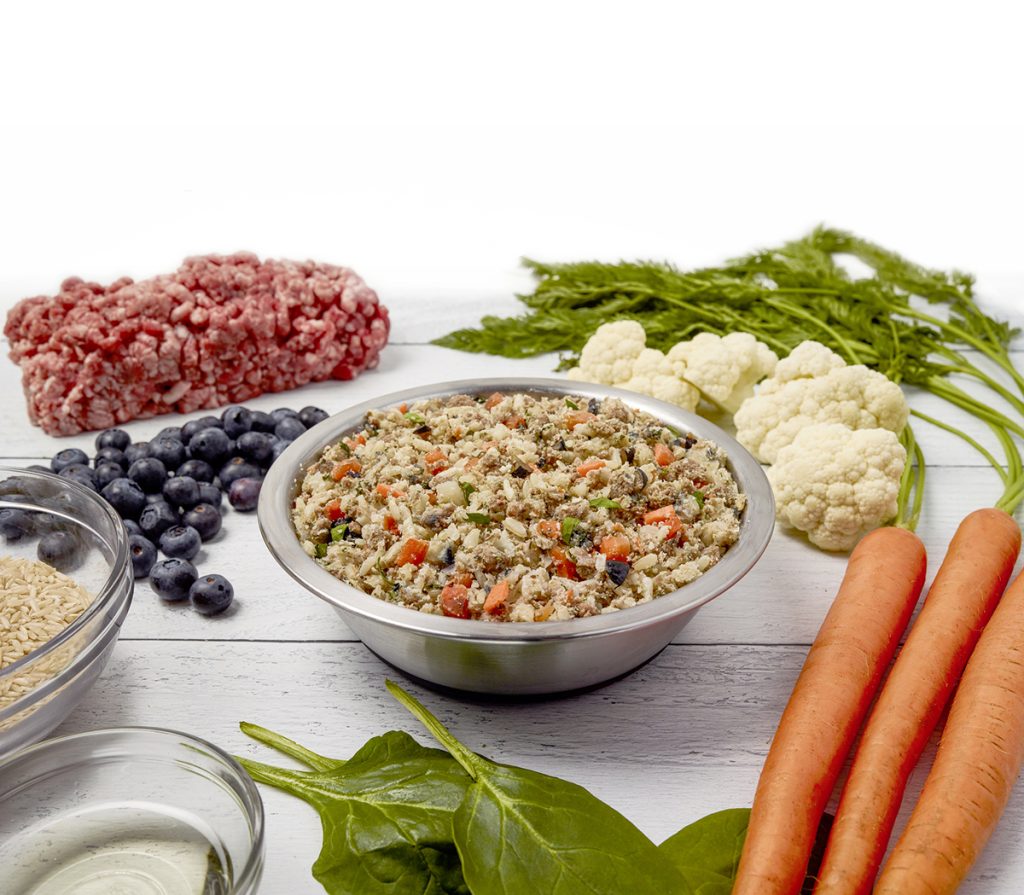
Video transcript
It seems that there are trends with food products that are out there for dogs and cats, and specifically with dog formulations. A big catch phrase that I hear in the appointments is “grain free”, and owners think they’re doing their dog a bonus by feeding grain free.
My personal opinion is that unless you have a confirmed allergy or intolerance to a grain — grains are not evil. So I don’t think that necessarily avoiding grains is going to cure the dog itching problems of the world.
Grains are important. If you can’t tolerate them, don’t eat them, just like a milk intolerant person shouldn’t have a milkshake. If your dog is fine with grains, they’re not the big evil monster that they’re sometimes made out to be.
On a similar kind of avenue, grains get a big negative that they’re not nutritional, or they’re just a filler for the food. Remembering back to the food triangle, I think grains for people are a big item that we’re supposed to eat and it’s part of a balanced diet.
So if it’s a whole grain, it hasn’t been processed down to where you don’t recognize any part of the grain they are incredibly nutritious, and as long as your dog doesn’t have an allergy to it, grains are fine to eat.
This content is for informational use only and does not replace professional nutrition and/or medical advice, diagnosis, or treatment. It is not a substitute for and should not be relied upon for specific nutrition and/or medical recommendations. Please talk with your veterinarian about any questions or concerns.
